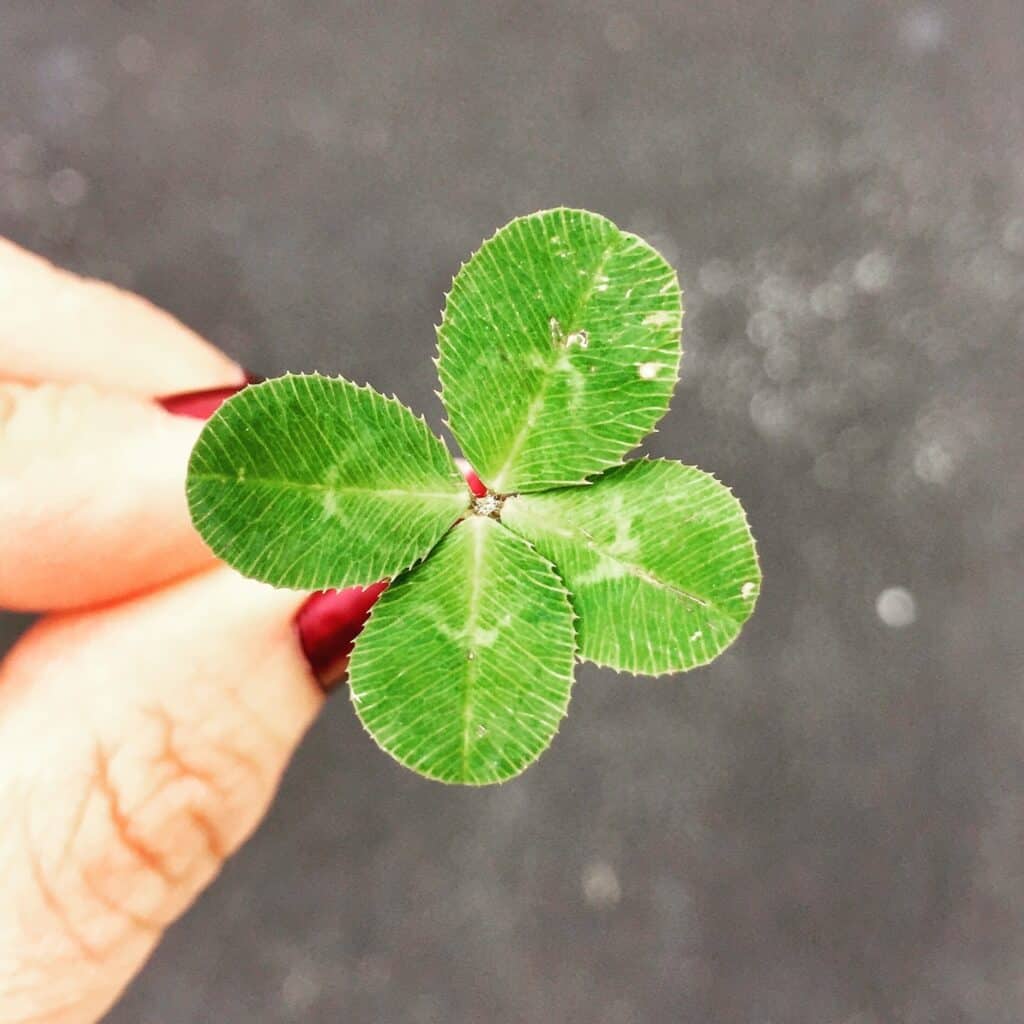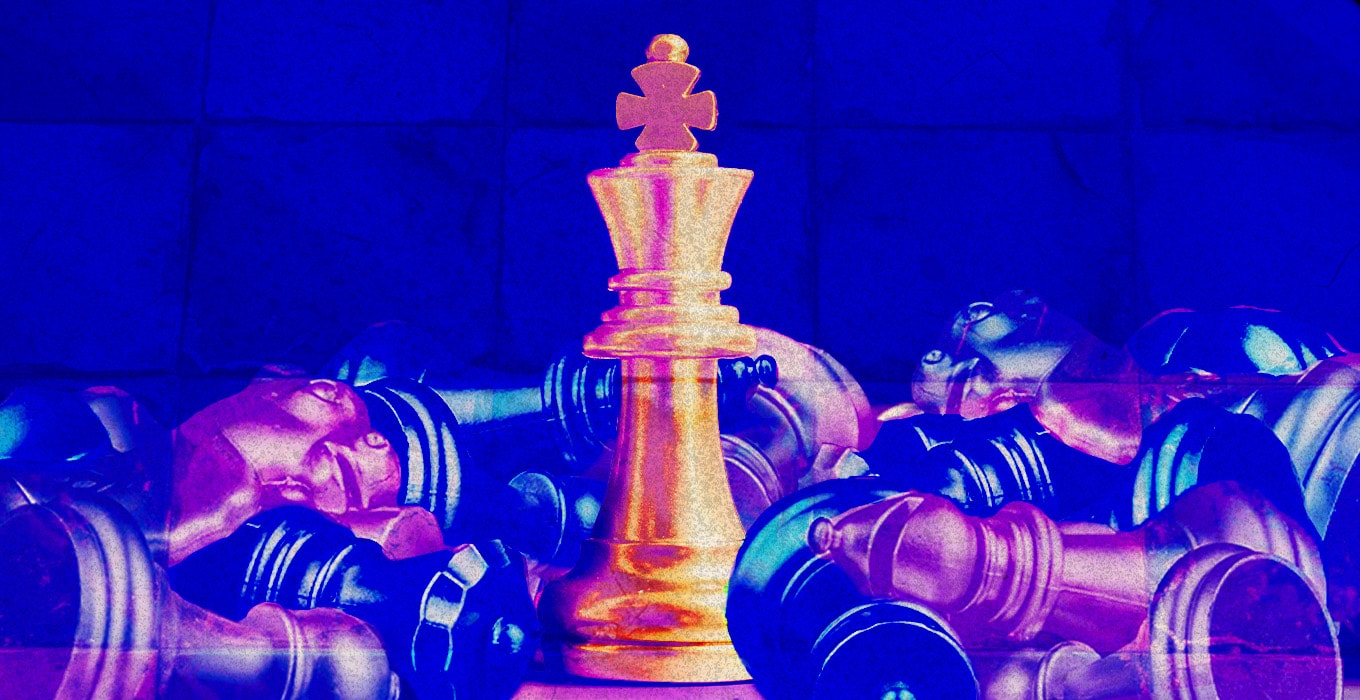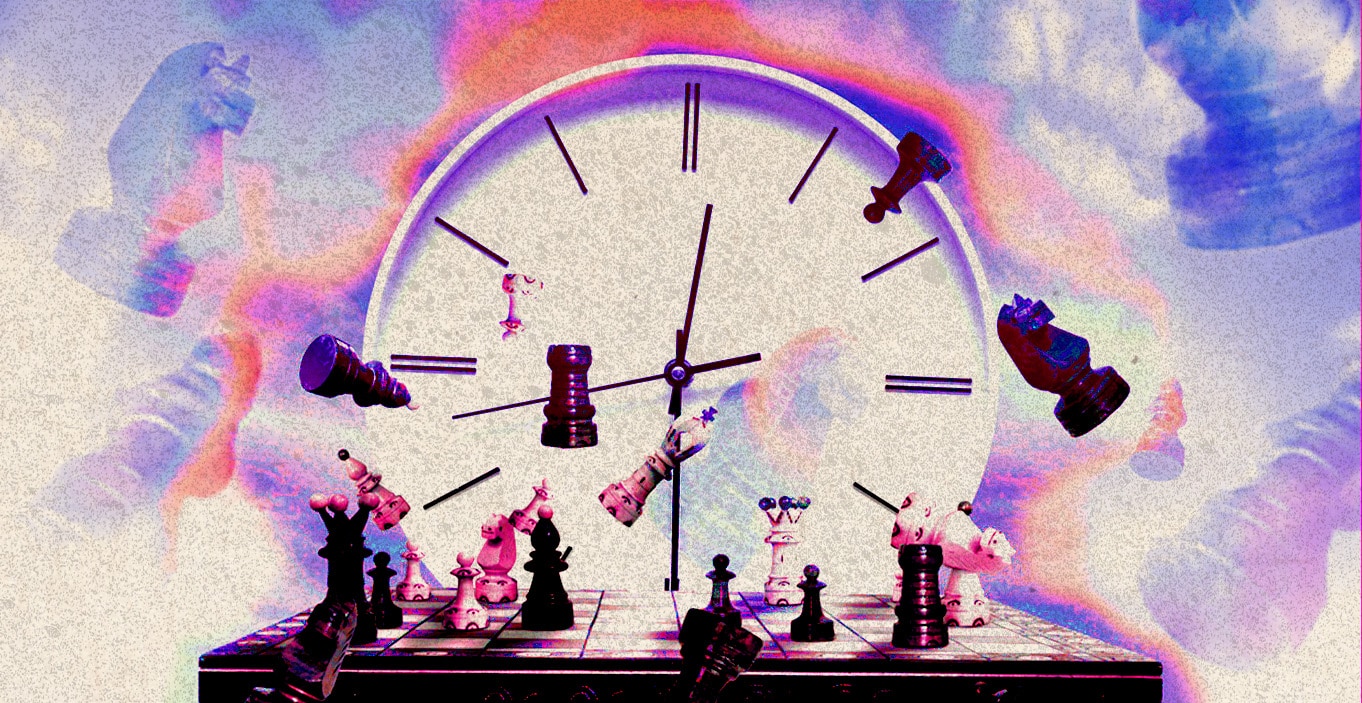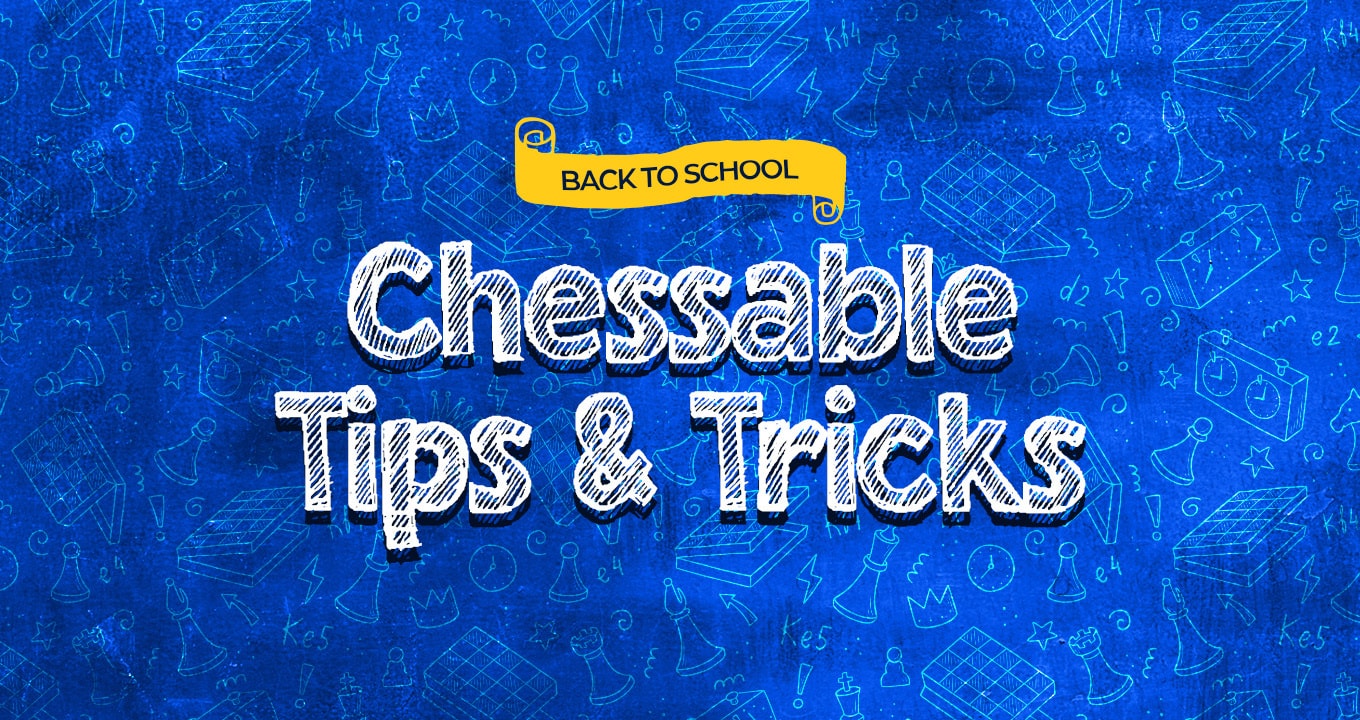Today brings a new guest post by Grandmaster Alex Colovic. Alex’s posts are always entertaining, instructive and thought-provoking. Recently, for example, he posted on the subject of How to Analyse Your Own Games.
This time, he examines the concept of luck in chess. Does it exist and, if so, how does it affect one’s game and thinking processes?

Luck In Chess
”Chess depends on you.” – Bobby Fischer
”Do I feel lucky?” – Dirty Harry
I am a firm believer in Bobby Fischer’s quote. I believe that if you do the work and give your absolute best at the board, without any excuses, hidden or otherwise, you will be rewarded.
Fischer, as Carlsen today, won many games that would have otherwise been drawn if he didn’t keep on pushing, “giving his absolute best” at the board. Such players thoroughly deserve their “luck” when they win “dead drawn” games.
This is not the “luck” I want to discuss, as I don’t actually consider it as such. This one fully depends on the player.

A Different Type of Luck
What I would like to discuss is another type of luck that very often happens during the game. I will illustrate this with one example, even though there are countless situations with similar characteristics.
Let’s say that there is a position in front of us with two possibilities. The position is winning, but it is complex and requires serious calculation. In winning positions it is enough to find one way to win, but the complexity of the position won’t allow for an easy solution. Let us also assume that one move wins while the other doesn’t, but the calculation of both is very difficult and both moves look very tempting.
Here luck, defined as “success brought by chance”, comes to the fore. If you are lucky in that moment, you will start your calculation with the correct move. You will calculate it, play it and you will win the game. You may check the other move as well, but once you’ve found a win you probably won’t bother much. End of the story.
Not Always Lucky
But what happens if you’re not lucky? Then you will start your calculation with the other move, spend masses of time and energy looking for the win that isn’t there and only then start checking the winning move. Quite possibly you may end up in time-trouble so that there isn’t even a time to check the other move. Still, you may be able to navigate the complications and find the win, but the factors weighing against you are rather significant by this point and more often than not that will not happen.
You may even be less lucky. You may think you have found a win with the move that doesn’t win, and as you are about to play it you suddenly discover a hidden defence, then you go back to your calculations and go even deeper into the woods where there is no light. If you finally muster the will to abandon the move, in spite of it being so tempting and so close to winning, by the time you start calculating the winning move the external factors mentioned above will be even heavier and more aggravating.
Intuition
So what does choosing the right move depend on? In situations as described above, your intuition should lead the way. But what if you just cannot decide, even with your finely tuned intuition? What if you don’t “feel” anything that would incline you towards one or the other? And sometimes even your intuition can deceive you!
What, then, does intuition depend on? Good form, good mood, the state of flow? How do you get to these states?
The bottom line is that we arrive at these ephemeral and elusive concepts that are the Holy Grail of every chess player’s quest for the perfect mindset. But nobody has even come close to a consistently reliable method how of to induce this mindset.
As you can notice, I am not even considering the factor of the opponent, where a “lucky” day for you may mean that your opponent just grants you the win for no apparent reason. Is your opponent’s unlucky day a lucky day for you?
To be honest, I am not quite comfortable to attribute too much to luck in chess. But the situations as above are not at all rare and they affect the outcome of a game in a decisive manner.
For lack of a better word I use “luck” but the whole situation is much more complex and difficult to define. I hope to have managed to shed at least some light on it so that you can continue the analysis on your own and perhaps come up with some ideas. In case you do, I’d be happy to hear them!
Readers can find more excellent and instructive articles on Alex’s official website.
Click here to learn more about Alex’s Chessable courses.
There is also an interview with Alex, here.





